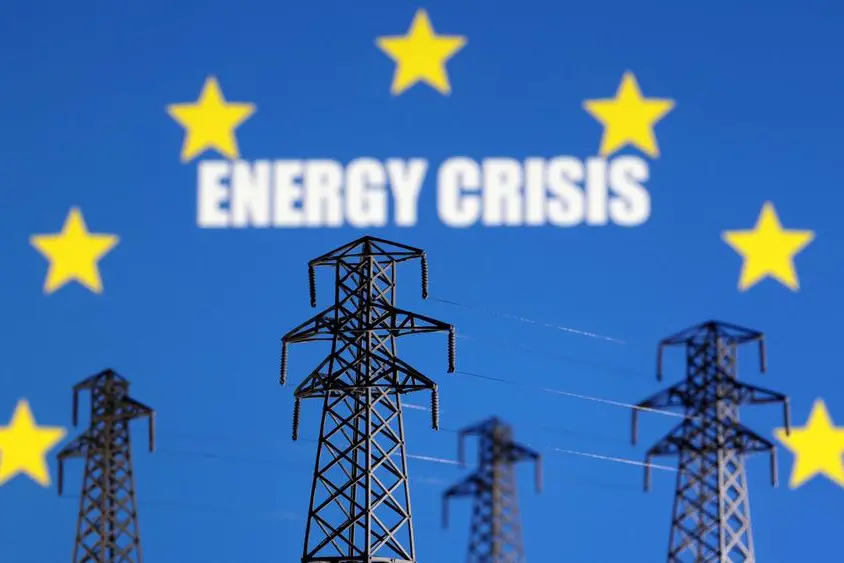PHOTO
BRUSSELS - Diplomats from European Union countries are hoping to avoid a debate among their leaders on a row over the bloc's planned combustion engine phase-out at a two-day summit which begins on Thursday in Brussels.
The official summit agenda covers a broad range of issues from migration to sending ammunition to Ukraine, but concerns of particular interest to the bloc's two biggest powers, France and Germany, are looming over the talks.
Last-minute opposition from Germany has stalled the EU's flagship law to end sales of new CO2-emitting cars in 2035, putting on hold part of the bloc's strategy to reach net zero emissions by 2050.
The unusually late objection to legislation EU countries and lawmakers had agreed last year has raised concerns among some EU officials that political deals on other major laws could unravel.
France, meanwhile, is leading a push ahead of final negotiations next week to have fuels based on nuclear energy counted towards the EU's renewable energy targets.
Countries such as Denmark, Germany and Spain are opposed, saying integrating nuclear energy into the law would undermine efforts to expand renewable sources like wind and solar.
Neither of the two contentious issues is on the official summit agenda and some EU diplomats said they hope to avoid a formal debate on them.
"I am confident that in the course of the next seven days, ten days, we will come to a result," one senior EU diplomat said, adding that they thought it unlikely any decision would be made at the summit.
EU leaders take decisions unanimously, meaning one country can block a deal. Escalating the car CO2 debate to leaders would therefore be pointless, one EU diplomat said on condition of anonymity.
Germany's Transport Ministry and the European Commission, which drafts EU laws, are in talks. The ministry has demanded that new combustion engine cars can be sold after 2035 if they run on e-fuels - a request supported by parts of Germany's powerful car industry.
A German government official said on Wednesday the talks were "very constructive", but that the issue would not be addressed at the EU summit.
ENERGY REFORMS
On the second day of the summit on Friday, EU heads of state and government will discuss a reform of the EU electricity market.
The European Commission proposed the reforms last week to attempt to avoid severe price spikes such as those experienced last year after Russia cut gas supplies to Europe.
A draft of the EU summit conclusions, seen by Reuters, showed leaders may agree to fast-track the power reforms to agree a deal with the European Parliament by the end of this year.
The draft also urged companies to take part in the EU's planned scheme to jointly buy gas, as it prepares for next winter with scarce Russian supplies.
Greece will also pitch an idea for an EU fund to "supercharge" investments in power grids, to speed the shift to clean energy and improve energy security, according to a document seen by Reuters.
(Reporting by Kate Abnett and Philip Blenkinsop; editing by Barbara Lewis)





















